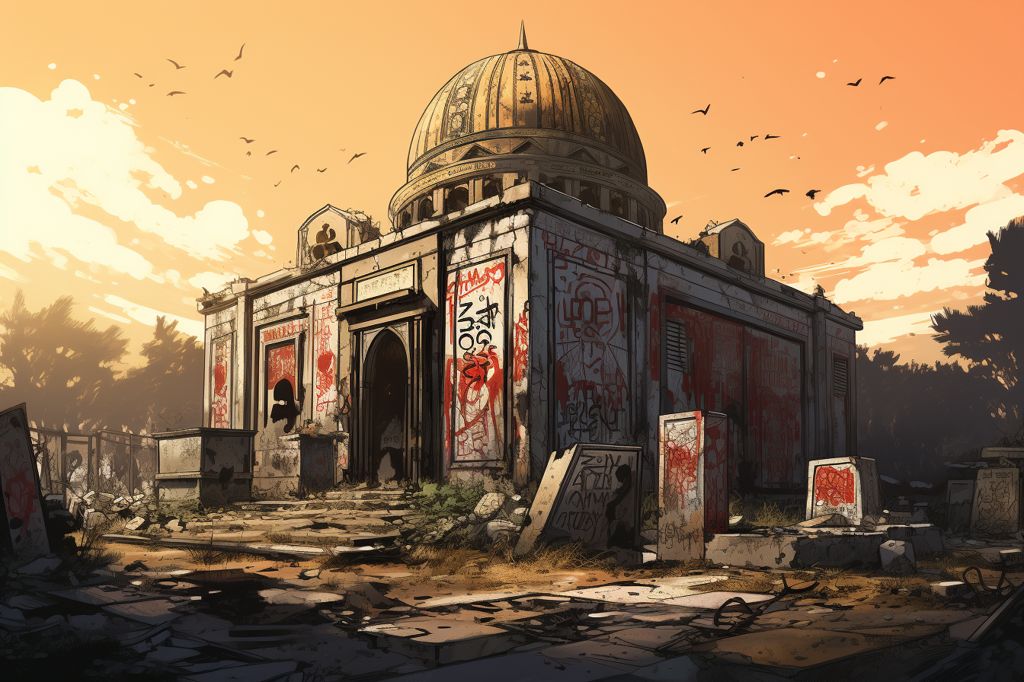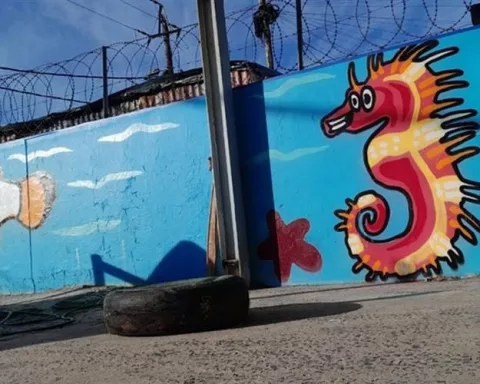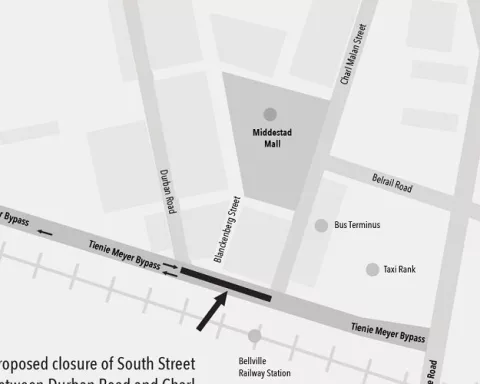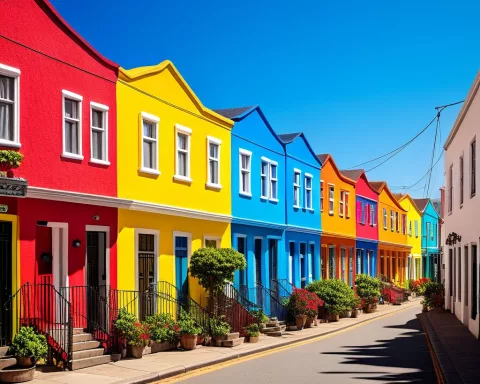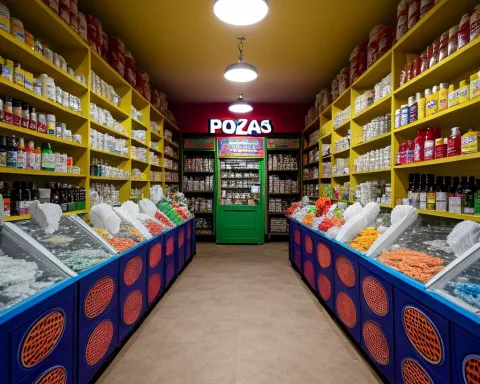Over the past decade, Egypt has undergone significant changes under President Abdel Fattah al-Sisi’s leadership. The government has prioritized construction projects, resulting in numerous motorways in Cairo. These large-scale infrastructure projects aim to impress the masses and provide the government with a sense of legitimacy. However, the projects have also displaced communities, green spaces, and historic sites.
Demolition of Graves in Cairo’s City of the Dead
Since 2020, thousands of graves have been demolished in Cairo’s City of the Dead, the oldest necropolis in the Muslim world, and a UNESCO-listed world heritage site. Residents and their families have been forced to relocate the remains of their loved ones, often fearing the inappropriate handling of their ancestors’ remains. The eviction has also affected thousands of low-income Cairenes who formerly worked as caretakers and gravediggers. According to urban designer Ahmed Zaazaa, this displacement is intended to make room for investments such as roads and new capital projects.
Uncertainty Surrounding Demolition
The uncertainty surrounding demolition has held many families hostage for years, with some witnessing the destruction of graves with significant architectural value. Some families receive official notices and compensation information, while others discover their fate through spray-painted marks on the walls.
Broken Promises and Bureaucracy
The confusion has become a hallmark of Cairo’s urban transformation, affecting millions of its residents. In some cases, residents are satisfied with the compensation they receive for their demolished homes, while others remain stranded due to broken promises and bureaucracy.
Forced Evictions and the Informal Sector
The authorities have pledged to eradicate slums, but their efforts have often forced low-income families to relocate to remote public housing where they struggle to make a living. As a result, the informal sector continues to expand to accommodate these displaced individuals. The state’s campaign against unsafe housing serves as a cover for slum clearance and forced evictions, disrupting and destroying countless lives, according to Dalia Wahdan, a professor at the American University in Cairo.
Devastation of Cairo’s Infrastructure
The rapid pace of these development projects has led to widespread devastation in Cairo. Historic houseboats have been removed from the Nile River to accommodate real estate developments, and thousands of trees have been cut down to make way for wider roads. Despite a lack of feasibility studies, Sisi has praised his administration for completing megaprojects quickly. This approach has led to a brutal transformation of Cairo, leaving its residents to grapple with the consequences.

